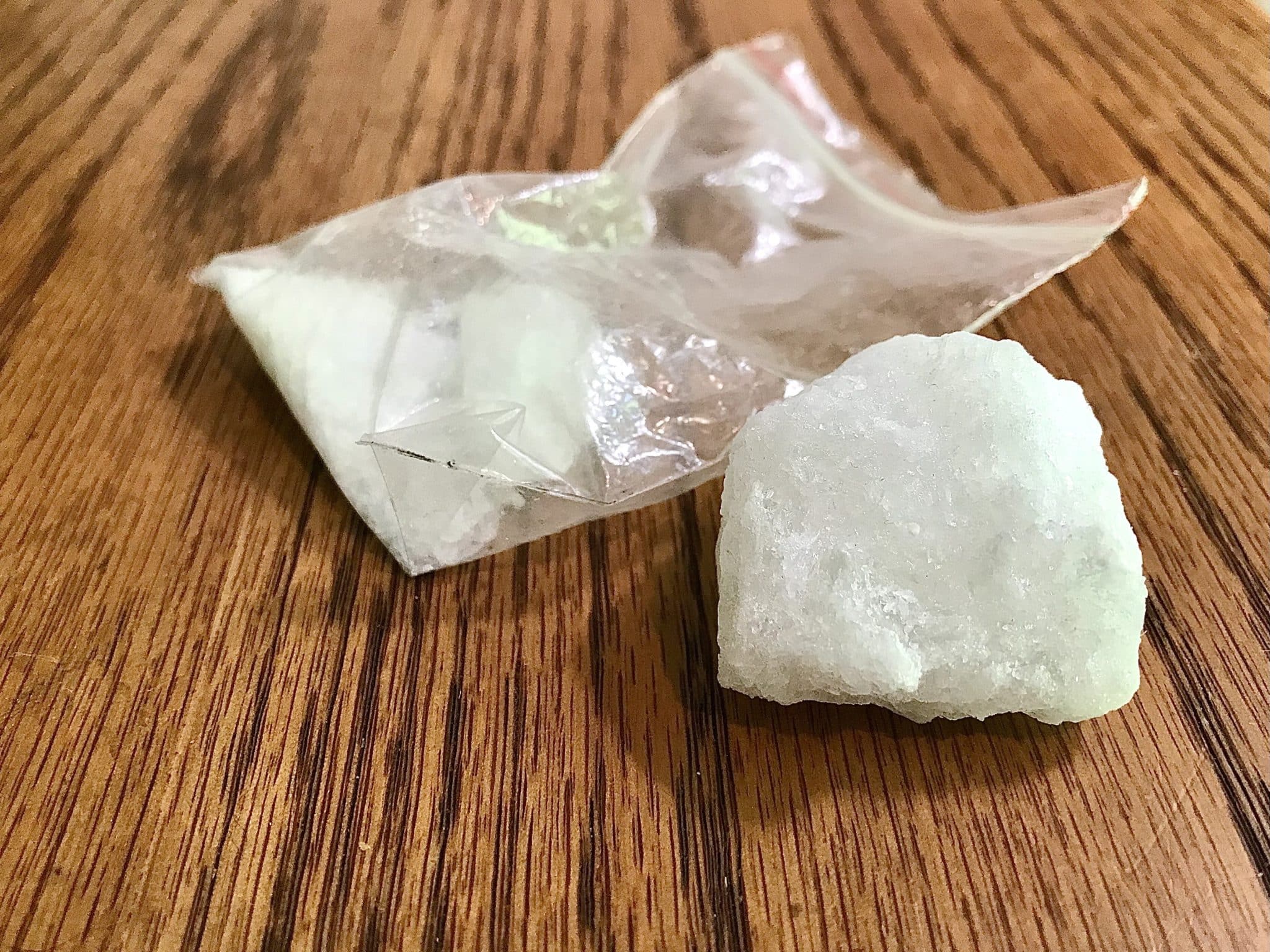Louis Bell was a type of person we typically didn’t encounter in our Tennessee prison. A middle-aged white man with a white-collar résumé and a nonchalant air, he stuck out everywhere he went.
Bell was able to move about his new environment without much fear, something incarcerated people rarely experience. His age, combined with his soft demeanor and his college-educated conversational skills, moved some of his prisoner peers to show him the ropes and look after him. Everyone else was content to leave him alone. Most were simply confused as to what exactly had landed him in here, and they were no less confused when they learned it was selling meth.
“If I had not found a community of friends in prison to help me,” Bell told Filter, “I would have never made it.”
Though his personal use never became chaotic, his relationship with meth did change.
Bell had grown up in a small town in Georgia, with a perfectionist mother who equated wealth and social status to success and happiness. She subscribed to the idea of children being seen but not heard. When his father left, Bell dutifully suppressed his emotions to please his sole caretaker, and took to heart that public perception mattered over all else. Decent people went to school, got respectable jobs, got married, had children, and kept their secrets buried deep. Not until the late 1990s, when Bell’s wife found a half-finished letter he was writing as part of their marriage counseling homework, did he begin living as an openly gay man.
In 2008, life threw Bell a curve ball he could not catch. In fact, it threw him several, smacking him in the head one after the other: He was diagnosed with HIV, cancer and shingles. He had to go on short-term disability, then long-term disability, and eventually lost his job and with it his health insurance. It wasn’t just his lifestyle—the nice car, the fancy neighbhorhood—that he could no longer afford. He couldn’t afford the many expensive medical treatments and medications he suddenly needed to stay alive. Though this was years before the Affordable Health Care Act, even today in 2023 Tennessee remains one of 10 states that has not expanded Medicaid coverage.
Some years earlier, Bell had used meth for the first time while on a business trip. He remembered the temporary escape from reality that the drug had brought him back then, and longed for a few more such moments. For a new friend who didn’t ask questions, who didn’t judge. Though his use of the drug never became chronic or chaotic, his relationship with it did change—once he realized that it represented a new revenue stream. He didn’t need to use it nearly as badly as he needed to sell it.
“I had to learn to live, or prepare to die. [So] I became a wholesaler.”
“I had to learn to live, or prepare to die,” Bell told Filter. “I became a wholesaler. I bought it cheap in one location during my travels and made a profit when I sold it back at home … I was able to pay the rent, buy my meds and just survive.”
When he came out about his sexuality all those years ago, the shame he’d been taught to feel about it was washed away. Today, he doesn’t see the point in pretending to be ashamed of anything. He served his time, got out and remained close friends with those who took him under their wing when he was incarcerated.
Despite the demonization of meth and the people who use and sell it, Bell doesn’t blame the drug for his detour into prison. It saved his life in that way, too; while incarcerated, at least his HIV medication was covered. Meth hasn’t been a part of his life in any capacity since the day he was arrested, but the personal-use aspect was always manageable for him. The reasons he no longer uses it have more to do with parole than anything else.
“I don’t have any choice, I have to pass drug screens,” he told Filter. “I have to live differently and find different coping mechanisms now that I’m in the system, and if I want to live free and not in a cage.”
“But I have to say, meth did not do bad by me. When I needed it, it came through.”
Photograph courtesy Kastalia Medrano




